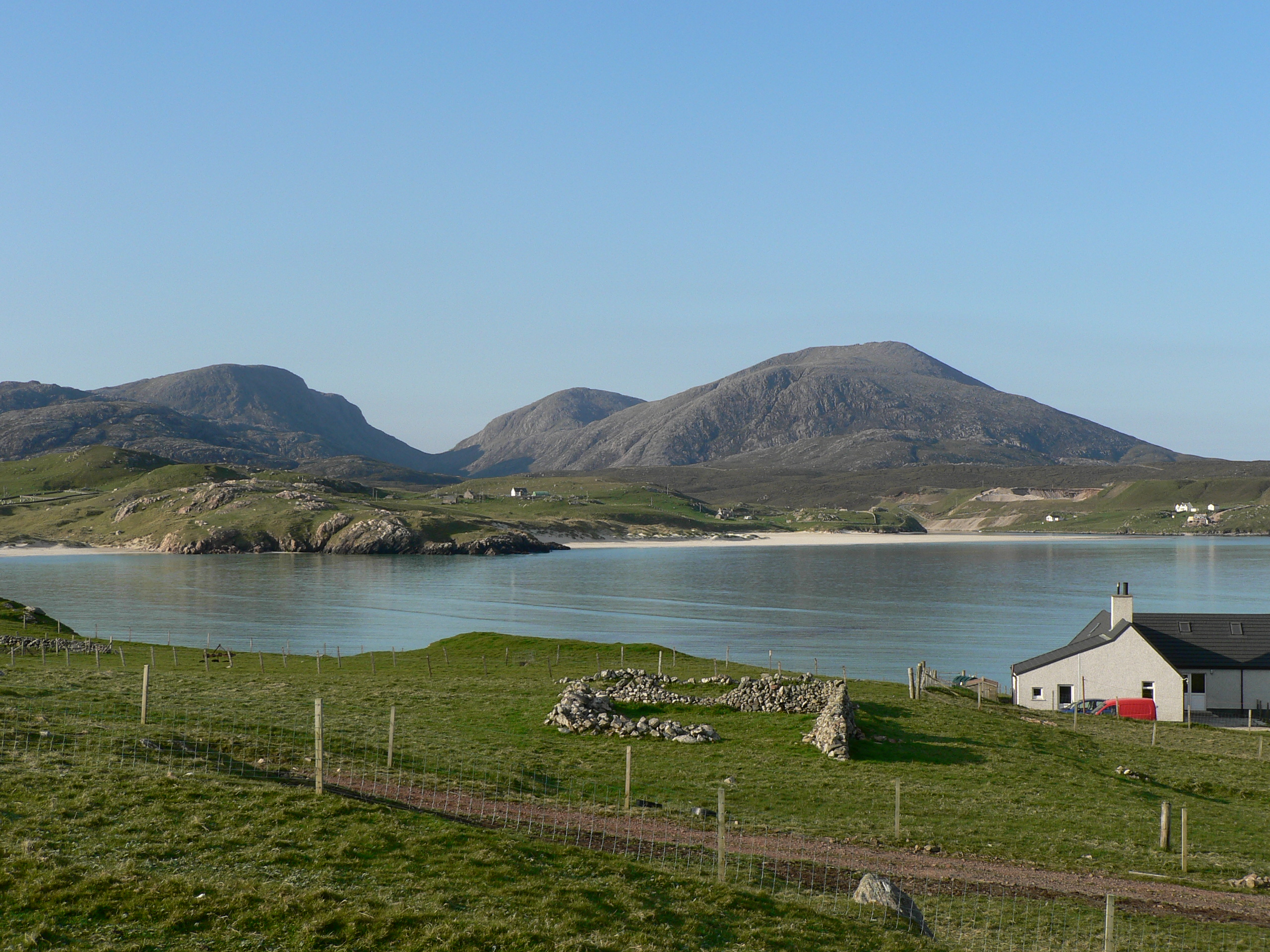An Ceistear: Darkness in Uig
Herewith begins a series of extracts from The Story of a Lewis Catechist, which is the history of Angus Maciver of Reef (1799-1850), who grew up in Uig, joined the Hudson’s Bay Company, returned to Lewis, was converted and worked as a teacher and catechist in Bernera, in Back and on the Mainland. The first part of the document, up to the end of the Hudson’s Bay episode, is autobiographical and the rest of his life story was completed by his son, Rev Angus Macleod, in 1897. It remained with the family and was published in the Stornoway Gazette in 1971-72. Selections from it will be presented here, with notes. A short sketch of meeting night in Bernera has already appeared. Here, from near the beginning of the autobiography, is An Ceistear’s assessment of the spiritual state of Uig in about 1810.
The Parish of Rieff is an extensive Parish on the West Side of the Island of Lewis. I do not know exactly the number of the population of the parish, but the new church that was built some time before the disruption¹ was seated for 1,000 people and I am sure I saw in that same church on different occasions, listening to hear the glad tidings of the Gospel, upwards of 12 hundred people […]
When I was born, and for the period of 23 years after, the whole inhabitants of the parish were sunk in dark ignorance of God. There was not so much as a form of Godliness in the whole place. Wickedness of all descriptions committed in broad daylight. There was no person to testify against the abominations committed in the land, ‘like priest, like people.’ The worship of God was not kept in any family, lamentable to think of all this.
The Minister² was ignorant of the Gospel and of the nature of true Godliness and therefore could not impart to others that Gospel of which he was not made a partaker himself, by the teaching of the Spirit of God in his own soul. The name of Christ was not to be heard in his sermons. He would tell the few that did go to church³ that he had good news to tell them. That the British Army gained in the battle on their enemies and that was great matter of thankfulness. Such was the ignorance of the people that they believed all that the Minister said as an oracle. When any children were to be baptised, the ceremony was performed in one of the Tennants’ houses. A good number of friends would meet there on the Sabbath evening or on a weekday. After the children were baptised, the Bottle and the Horn (an adhairc dhrama) was put on the table and for courtesy’s sake the health of the Minister and the newly baptised child or children was drunk all round about and the evening was spent in this way. But here I may observe that, as far as I know, and the accounts that I heard from others about the man, that the Minister was not a drunkard himself although the practice was very general in the Parish.
When the Sacrament of the Supper was dispensed in the Parish, every sinner was made welcome to come and partake of the Lord’s Supper. I understand that it was a general practice to have plenty of whisky provided on that occasion and to go from the Table of the drunkard to the Table of the Lord, and in that way profaning the Holy Ordinance of our Blessed Lord, and hardening sinners in their unconverted state, and encouraging them in their wicked career from day to day. Not a word of prayer in the families of these people after coming home on Sabbath evening. The Sabbath was almost in a level with any other day of the week. The Minister did not preach the great need of a man being born again. Gross darkness and gross ignorance overshadowed the whole land at this moment. […]
It was my Father’s practice on Sabbath morn to bring all the children to the Barn and he would make us all go on our knees around him. He would pray with us there for some time. Again, before he would go to bed on Sabbath night, he would do the same, but not on week days. When any person was sick they would send word to my dear Father to go and pray with the sick person, and this was all the Godliness that was amongst the people.
It was the general practice in these dark days of ignorance and superstition, as soon as the Harvest was done, to engage a Piper or a Fiddler for dancing. Balls and rioting on each Farm once a week. There the young men and women met for the better promotion of the Kingdom of the Devil. I was mad for dancing. Oh, Lord, I am ashamed of this wickedness and madness which I have committed in thy sight. Pardon mine iniquity for it is very great.
Compare to Rev Alexander Macleod’s letter of 1824 on a similar subject. Don’t worry; things get better.
¹Baile na Cille Church was built in 1829, in the throes of revival, to hold a thousand.
²Hugh Munro, Minister in Uig 1778 to 1823
³The old thatched church near Baile na Cille Cemetery.

